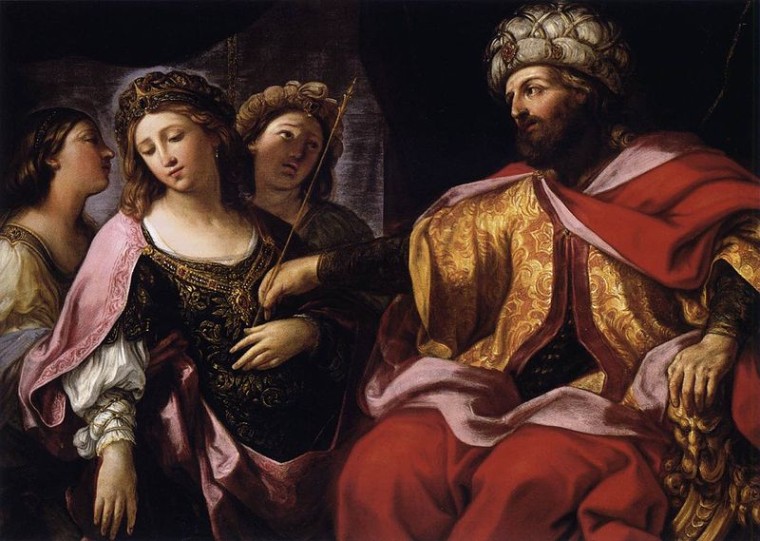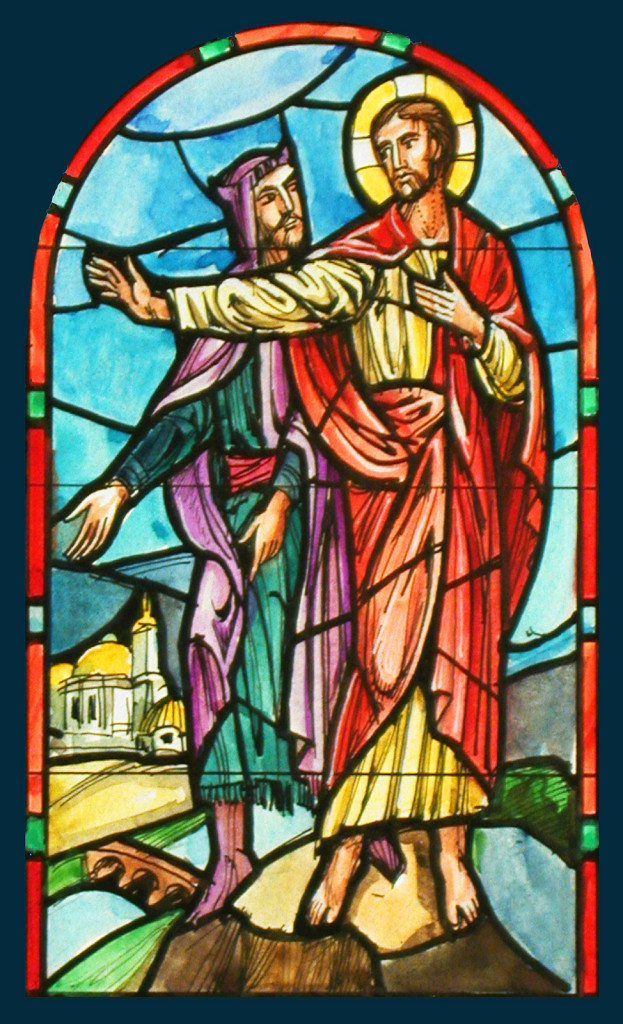There are times in life where we have to make tough choices between faithfulness to God and faithfulness to other powers and authorities. The more corrupt the society and environment around us become, the greater the likelihood that we will face such a choice as Daniel was faced with in Daniel chapter 6. Like Daniel, we live in a fallen world where the adversaries of the people of God are active and intentional in their desire to entrap and ensnare. One of the biggest traps is that of competing loyalties. Taking a stand for the right choice in the right moment requires clarity of self.
Would Daniel as a faithful adviser to the King AND a worshiping, God-fearing man choose to forsake faithfulness to one in order to obey the other? Obey the king, and you must renounce prayer to the Lord; obey the Lord’s call to prayer, and you disobey the edict of the king. Daniel was a person of deep integrity; his adversaries “could find no corruption in him, because he was trustworthy and neither corrupt nor negligent” (Daniel 6:5). So they purposed to create a conflict between loyalties between king and God. They passed a “decree that anyone who prays to any god or human being during the next thirty days, except to [the King] shall be thrown into the lions’ den” (Daniel 6:7).
Daniel’s principles governed his decisions, the Lord’s command always trumps the edicts of human governance. He would continue to pray three times a day to the Lord despite the threat of certain punishment to the lion’s den. Jesus faced a similar “catch 22” as He stood before Pilate and was asked if He was a King. To answer “yes” would mean a certain death sentence for opposition to Caesar; to say “no” would be a denial of His true calling. Jesus answered, “My kingdom is not of this world.” He entrusted Himself to the heavenly Father.
To make such a stand in service of a Kingdom that is not of this world—to an unseen God—often seems ludicrous and foolish to a proud world. But, such self-sacrifice and humiliation in the service of God’s kingdom may serve to further His Divine plan in some unknown way. This has been the history of redemption through the ages. God uses the folly of self-sacrifice to redeem and transform the world. We may never know who will be inspired by our stand for what is right, but we should know that we are always being watched by those around us. We should never underestimate the power of the leader who is upright and walks with integrity to inspire others to the same. Daniel’s willingness to be martyred for his faith and subsequent vindication at the hand of God impressed the king himself. He decreed and proclaimed that Daniel’s God is the Living God whose Kingdom will not be destroyed, and whose dominion will never end! (Daniel 6:26)
In Christian terms, this is called our witness. Are we willing to make our witness to truth and righteousness, and most importantly are we willing to make our witness to the Lordship of Jesus Christ? The witness of any one follower of God is costly in ways that no other person will ever fully be able to understand—financially, relationally, physically, and spiritually. And no one can dictate for another the manner of another’s sacrifice. The disciple is free to lay down his life of his own volition. A life laid down for Jesus will never be in vain.



